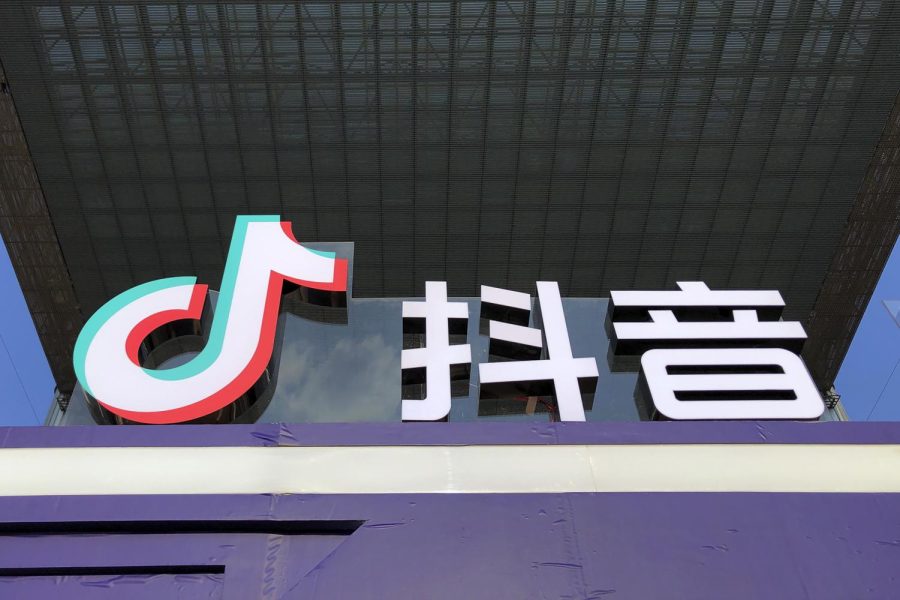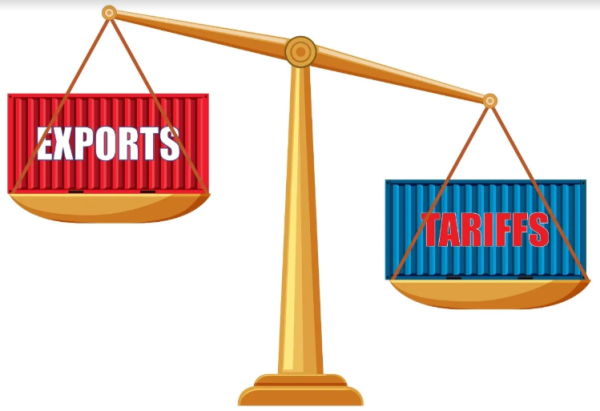The Latest Tiktok Update: The Chinese Government
October 14, 2021
A new update on TikTok has taken place in the western world: restriction. In the past week, China has set a limit on video games and on TikTok to restrict its use for children. This attempt to control children’s exposure to video games has received both criticism and praise.
The rules are as follows: only 3 hours of screen time a week for kids under the age of 18, no online videogames during the school week, and one hour a day on Fridays, weekends, and public holidays. The only time set to play on the weekends is 8 pm to 9 pm. The Chinese government is seeking to protect the physical and mental health of minors. They blame the youth video game addiction for the cause of societal ills, including distracting youth from school and family responsibilities. The Chinese government announcement said all online video games will be required to connect to an “anti-addiction” system operated by the National Press and Public Administration. This requires all users to register their real names and government- issued identification documents.
China also has a limit on their version of Tik Tok. The app’s Chinese version, called “Douyin”, restricts users under 14 to just 40 minutes of app activity per day and only allows usage between 6 am and 10 pm on a daily basis. Douyin has over 600 million daily active users as of 2021. The big difference between Tik Tok and Douyin is content moderation. Douyin enforces tight control over the kind of content that appears on the platform, thanks to the strict guidelines that have been put in place by the government. China’s main goal is to limit social media exposure for young internet users.
This topic can be very controversial and many arguments can be made on both sides of the ordeal. However, this topic raises many questions. Should there be a ban on videogames and social media? Is China doing the right thing? Does social media affect our social lives? Should the government be limiting videogames and social media or should it be up to parents? If the Chinese government can limit video games and social media then what else can they limit or restrict? All of these questions are up to interpretation, but we do understand that social media makes an impact on us, whether it be positive or negative. Only time will tell whether this was the correct decision on behalf of the Chinese government.










